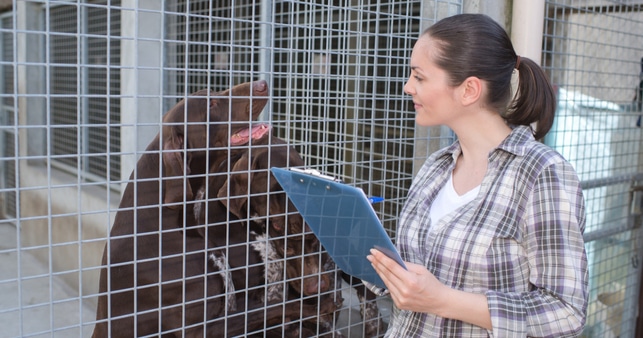
In the wake of the Economic References Committee report findings into underpayment of workers, Australia’s leading SME workplace advisory firm has called for the complex and ever-changing employment award conditions to be made far easier for employers to understand.
The urgent call follows nearly 12,000 contacts for help to Peninsula between January and March 2022 from employers from across numerous sectors looking for wage and award advice.
Peninsula CEO, Mr David Price, said simplified industry and occupation awards would significantly reduce examples of worker underpayment and help lift employers out of the confusing quagmire of red tape they are forced to navigate daily.
“Using terms such as ‘wage theft’ might make for a good headline, but it’s a presumption of guilt that brands those employers who in good faith want to correctly remunerate workers but make an inadvertent error because of the complex and constantly shifting award landscape,” Mr Price said.
“While a very small number of employers may intentionally look to exploit workers, most genuinely want to do the right thing. The challenge is that with more than 100 industry and occupation awards constantly being updated it’s hard for businesses to keep up to date,” he said.
“At a time when most Australian businesses are working hard to recover from the pandemic, keep workers in a job and create new employment opportunities moving forward, the last thing we need is to demonise the very businesses that are the lifeblood of our economy by branding them as wage thieves and accusing them of setting out to exploit workers.”
Mr Price said often the industries labelled by others as the “worst offending” are those that are most exposed to casual and flexible workforces, making it very difficult for SMEs to keep accurate track of and putting them in a position where they are doomed to breach wage conditions.
“With 99.8% of all Australian businesses considered a small to medium enterprises they remain the backbone of the Australian economy and the labour force, so more needs to be done to cut red tape and remove the time and cost requirements related to compliance, legislation, and regulations for small businesses,” he said.
“When we see large organisations with significant HR departments being caught up in underpayment claims it should ring alarm bells about the complexity of the employment environment and signal the need for urgent change, rather than accusing employers of intentionally ripping off workers and putting them on notice.”
ABS statistics shows that at the end of June 2021 there were 2,402,254 businesses actively trading in the Australian economy – representing a 3.8% increase in the number of businesses when compared to the previous period.
The Senate report, co-chaired by the late Labor Senators Kimberley Kitching and Alex Gallacher, along with Queensland senator Anthony Chisholm, found deliberate underpayments were “rife” in labour-intensive sectors at a cost of about $1.35 billion a year. Among the report’s recommendation is a proposal for the consumer watchdog to include wage theft as an “anti-competitive practice” and criminal proceedings for employers who underpay staff.



